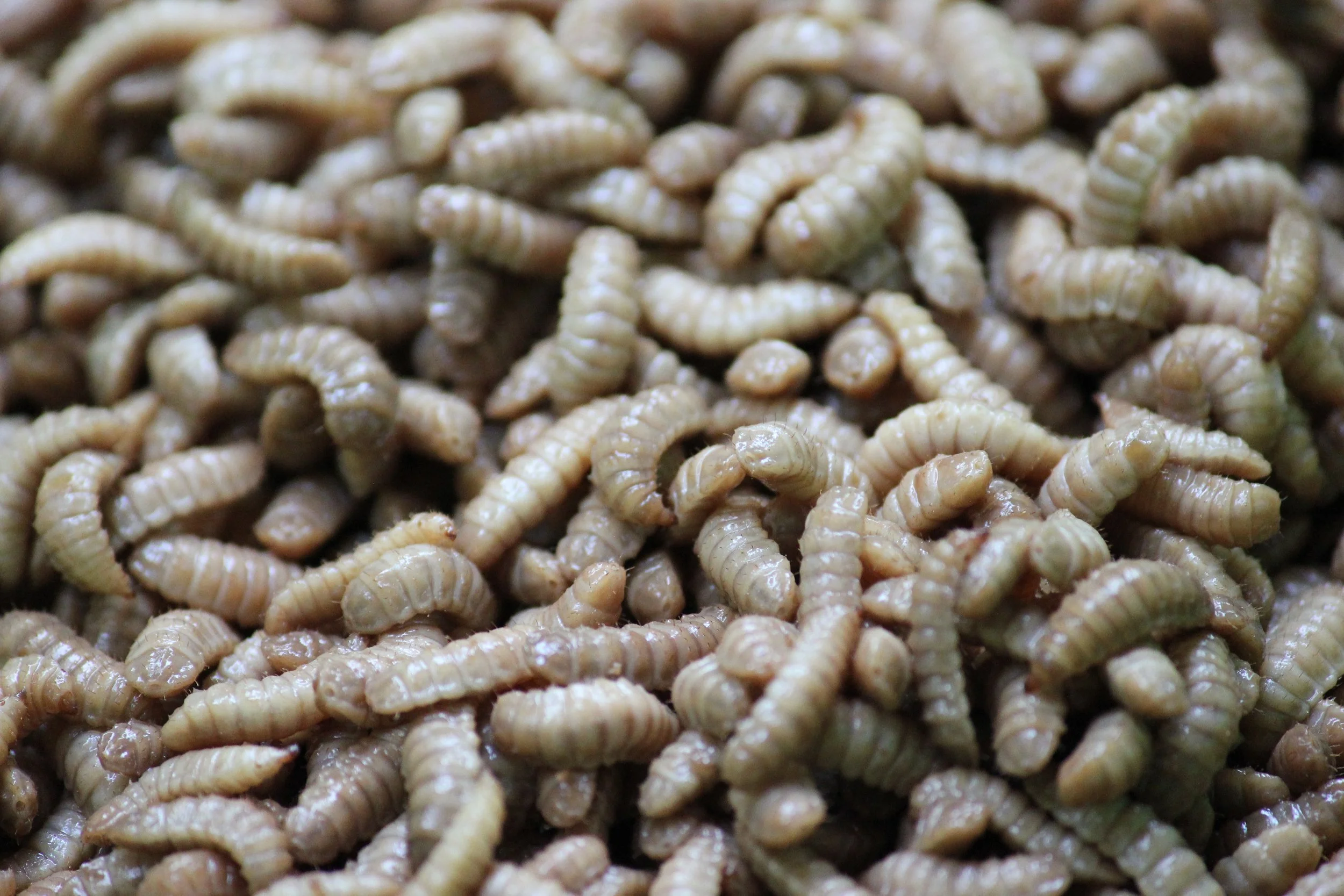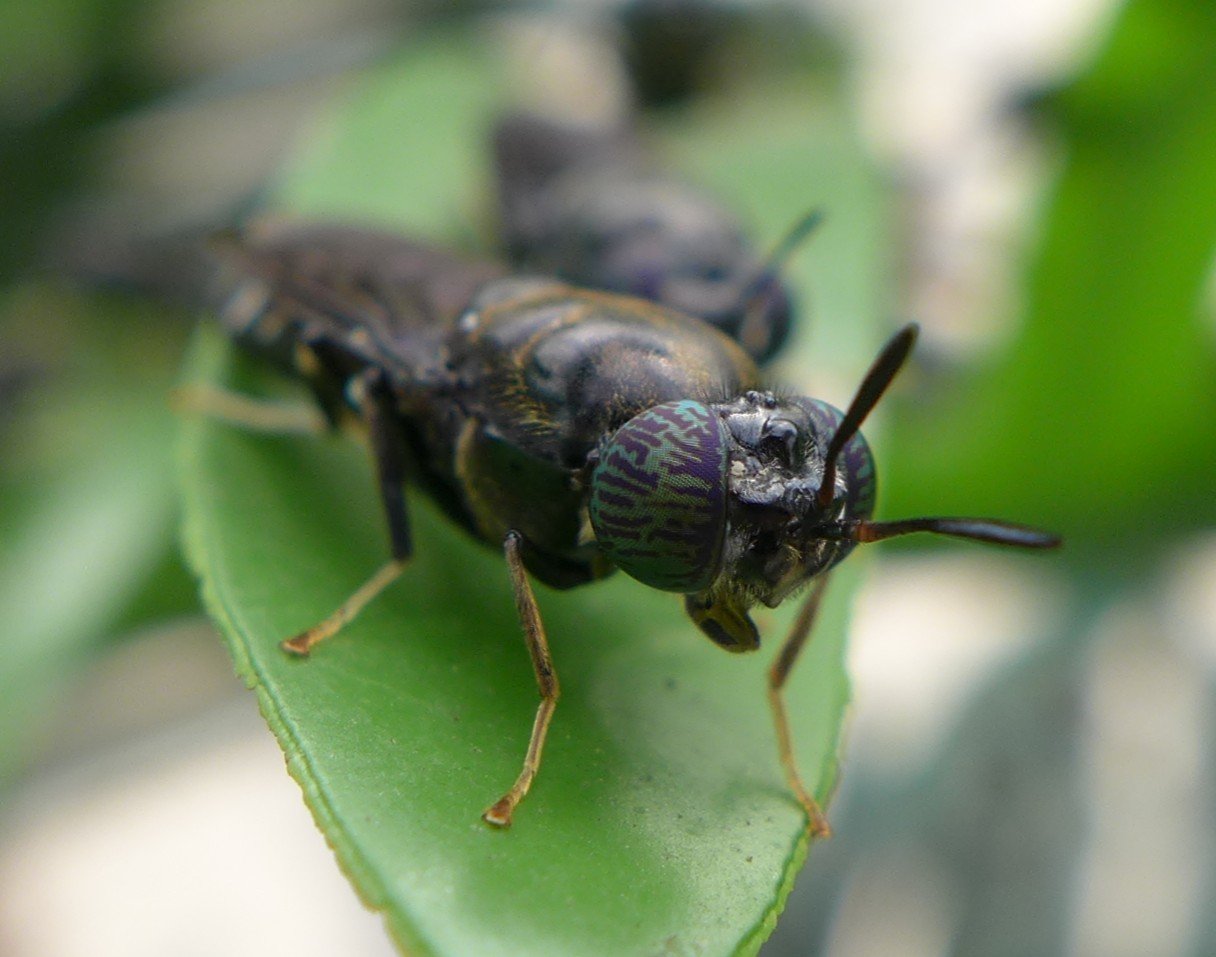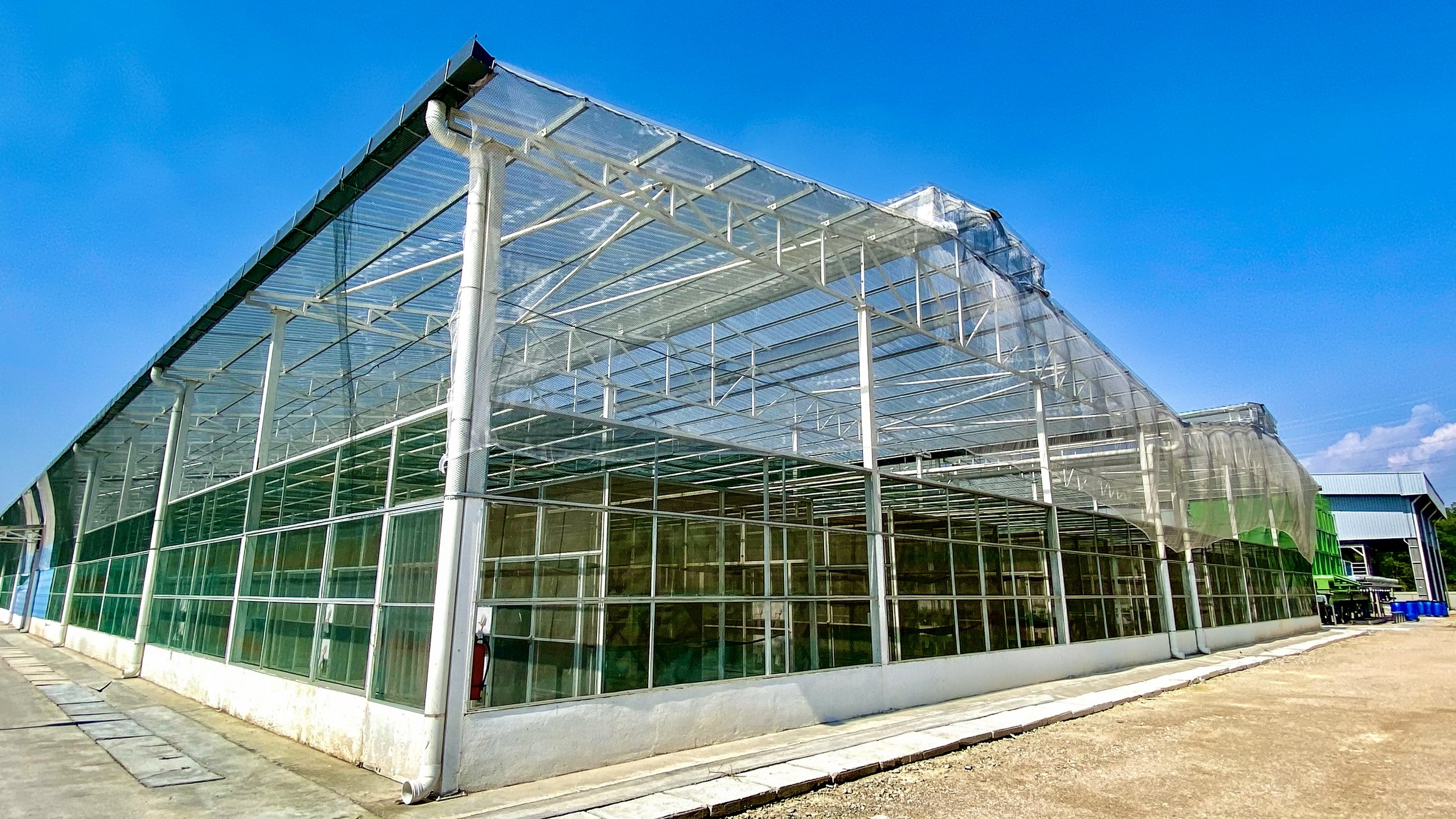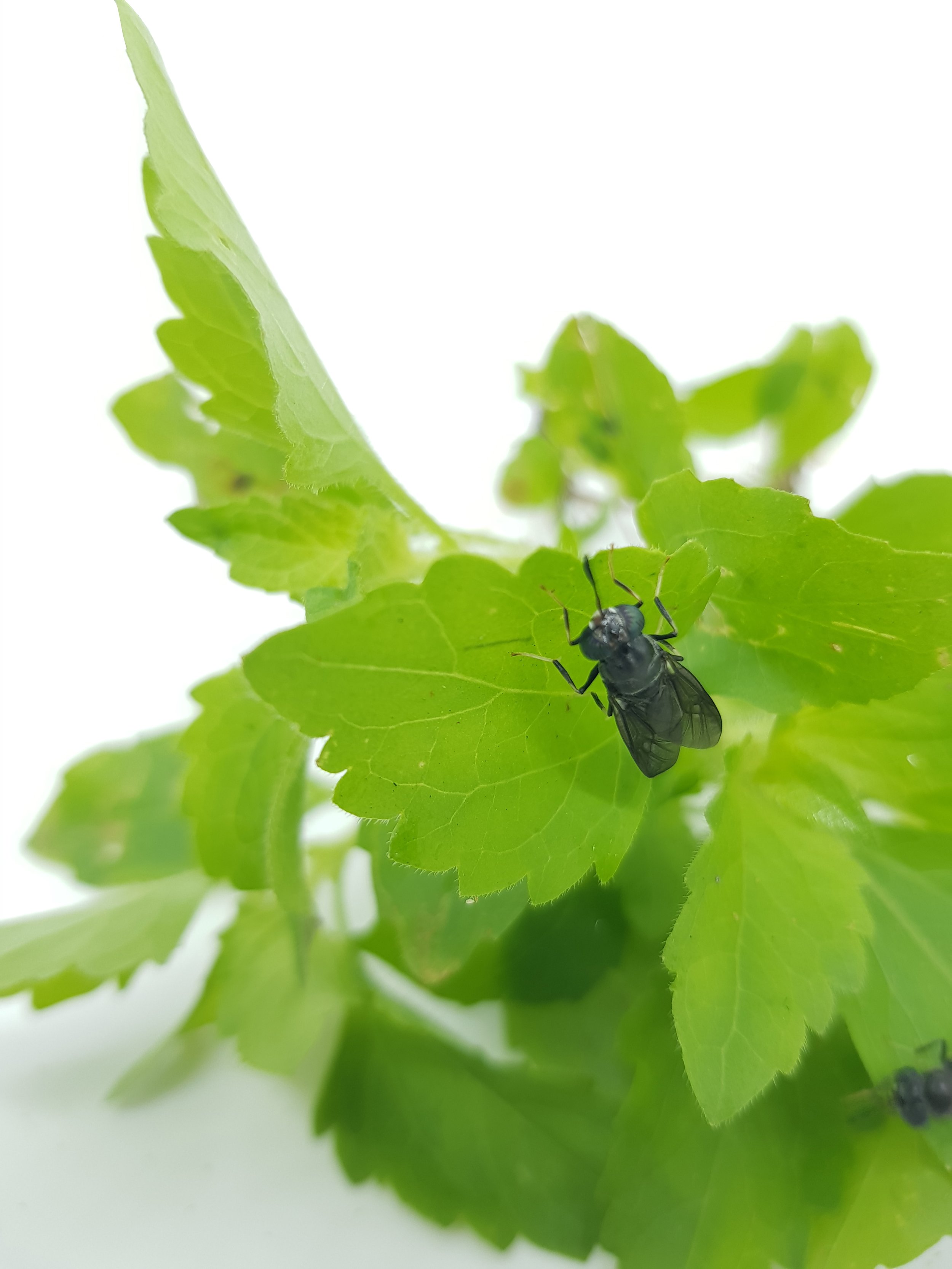Harnessing decomposition ecology with black soldier flies to support soil’s natural processes
Healthy soil is a complex web of nutrient recycling from plants, animals and insects, alike. Organic material in soil is absolutely imperative to the natural processes that provide vital ecosystem services like water filtration and crop growth, and it enters the soil from various stages in the soil food web.
Despite being a product of decomposition processes, healthy soil is never dirty, but it can be unclean. With natural processes at the core of their approach, biotech company Nutrition Technologies has found a way to intervene against plant pathogens that commonly threaten agricultural soils.
The solution? Black soldier fly larvae.
Two components of BSF larvae make these unassuming critters a powerhouse source of resilience-building potential. Bacillus halotolerans is a bacterial strain found in the digestive systems of young larvae, and has been shown in university studies to enhance plants’ natural defenses against pathogens by up to 96%. Chitin from the exoskeletons of mature BSF larvae promotes the growth of chitin-degrading bacteria which effectively prevents the spread of pathogenic soil fungi. Moreover, the microbial activity promoted by these elements leads to increased nutrient absorption through bacteria such as phosphorus solubilizing bacteria and can protect plants from fungal infections. By harnessing these natural processes, Nutrition Technologies have found a way to create healthy, disease resistant soil that protects the plant root zone and is nature-based.
Conventional methods of disease control, like fungicides or aggressive practices (like burning) that effectively strip soil of the good microbes, are not only unreliable, but they degrade soils and risk the development of fungicide-resistant pathogen strains. BSF products, like the two launched by Nutrition Technologies in 2023 (Diptia™ and Vitalis™) offer the opportunity to work with nature rather than against it.
“Understanding how insects fit into the incredibly complex natural ecosystem has enabled us to harness their power for decomposition, and create a new plant health value proposition not found anywhere else in the world,” shared Nick Piggott, Co-CEO, Nutrition Technologies. “[The products] directly address two of the most economically dangerous plant pathogens in the world - Ganoderma in oil palms and Fusarium oxysporum in bananas. Both of these diseases have the potential to wreak havoc on the global food supply chain if left un-checked, so their release is a massive step forward in securing the future supply of these two staple crops.”
The insect sector has gathered increasing attention over the past few years, with the global insect protein market alone estimated to be worth US$343 million in 2021, and expected to reach US$1.3 billion by 2027. Nature-based solutions are not only Earth’s legacy but also the way forward for a sustainable food-systems future.
Photos provided by: Nick Piggott, Co-CEO, Nutrition Technologies





